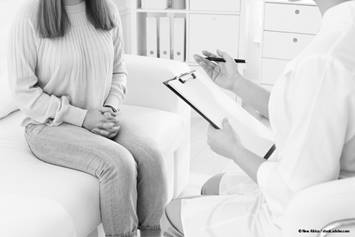Pelvic Inflammatory Disease
Pelvic inflammatory disease, or PID, is an infection of the reproductive organs including the uterus, the fallopian tubes or the ovaries.
What Is Pelvic Inflammatory Disease?
Pelvic inflammatory disease (PID) is an infection in the uterus, the fallopian tubes or the ovaries. PID most commonly occurs in sexually active females, but may also occur in females who have never been sexually active.
Early medical treatment of PID is needed to prevent ongoing abdominal/pelvic pain, prevent damage to the fallopian tubes, and to prevent the infection from spreading to other parts of the body.
Damage to the fallopian tubes can make it more difficult for a female to become pregnant in the future, and also increases the risk of an ectopic pregnancy (a pregnancy outside of the uterus).
What Are the Signs and Symptoms of Pelvic Inflammatory Disease?
Women with PID may have the following symptoms:
- Pain in the abdomen or pelvis
- Abnormal bleeding from the vagina (bleeding that is not your period)
- Vaginal discharge
- Fevers and chills
- Painful urination
- Pain when walking
- Painful intercourse
- Nausea and vomiting
What Causes Pelvic Inflammatory Disease?
PID is caused by a bacterial infection that typically starts in the vagina and cervix. This infection can spread to the uterus, fallopian tubes, ovaries, and abdomen. Most commonly PID is due to a sexually transmitted infection, but can occur in women who have never been sexually active.
How Is Pelvic Inflammatory Disease Treated?
PID is treated by antibiotics. Depending upon how sick you are, PID is treated one of two ways:
- Outpatient — going to your health care provider's office and receiving an antibiotic shot and a prescription for antibiotic pills that you will take at home
- Inpatient — receiving antibiotics through an IV at a hospital
It is very important that you complete the prescribed antibiotics.
It is also very important to notify your health care provider if you are unable to take your antibiotics or if you feel like your symptoms are worsening or changing.
Your health care provider will schedule a follow-up appointment so they can make sure you are getting better and the PID is improving.
You should abstain from sexual intercourse until you have completed your treatment and your partner(s) is tested and treated for sexually transmitted infections.
Safe sexual practices, such is using condoms, can reduce your risk of PID. It is also very important to be regularly screened for sexually transmitted infections.



